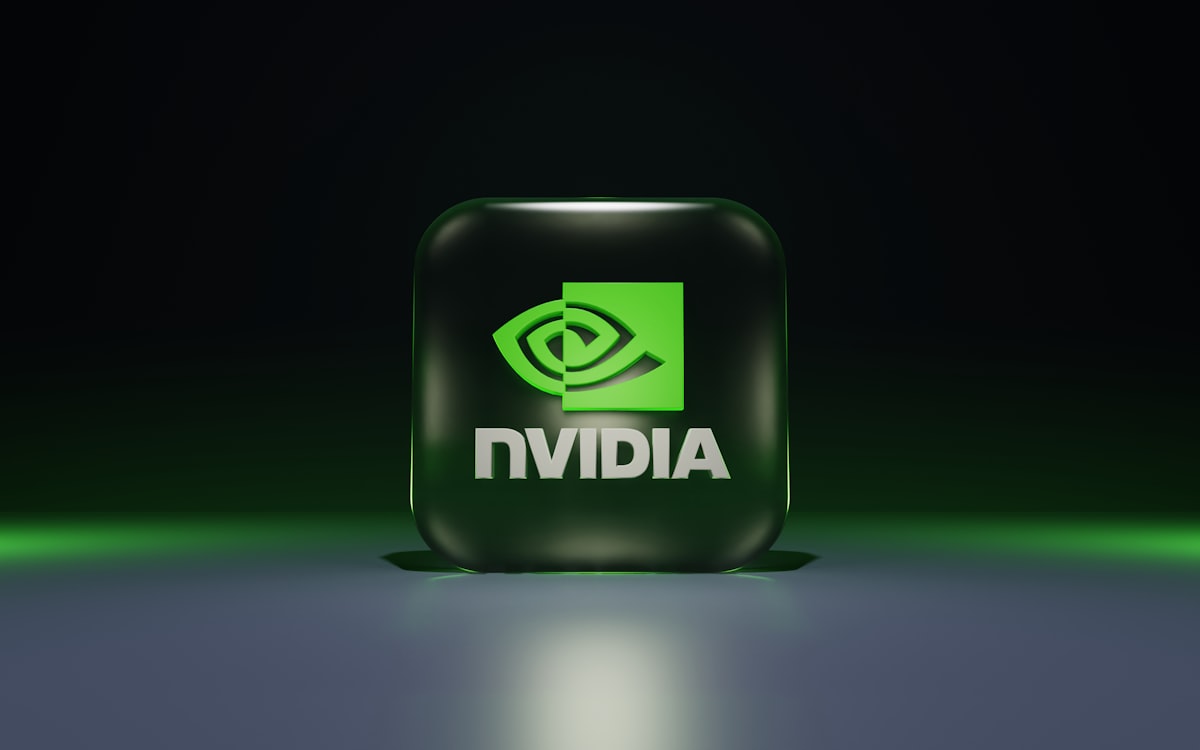Nvidia Ventures into Custom AI Chip Design with Major Players in Mind
The custom chip market, particularly in data centers, is projected to experience substantial growth, reaching $10 billion this year and doubling by 2025, according to industry experts.

Nvidia is venturing into a new realm of chip design, aiming to cater to the unique AI and workload requirements of major tech companies. According to an exclusive report by Reuters, Nvidia has engaged in discussions with industry giants such as Amazon, Meta, Microsoft, Google, and OpenAI to develop customized silicon solutions tailored to their specific needs.
This strategic move involves establishing a dedicated business unit led by semiconductor expert Dina McKinney, who brings extensive experience from roles at AMD and Marvell. The unit will focus on designing custom chips for various sectors, including cloud computing, 5G telecom, gaming, automotive, and more.
Nvidia's dominance in the AI chip market, particularly with its H100 and A100 chips, has propelled its market value to staggering heights, with a 40% surge this year alone, reaching $1.73 trillion. Notable companies like OpenAI, Microsoft, Alphabet, and Meta Platforms rely on Nvidia's chips for their AI initiatives.
However, hyperscale providers are increasingly developing their own custom chip designs to optimize performance, cost, and power consumption at scale. Nvidia's initiative aims to address this trend by offering tailored solutions directly to major customers, potentially safeguarding its position in the data center market.
The custom chip market, particularly in data centers, is projected to experience substantial growth, reaching $10 billion this year and doubling by 2025, according to industry experts. Nvidia's decision to delve into this market aligns with its strategy to become a comprehensive provider of customized silicon solutions across various industries.
While details about Nvidia's plans remain limited, its discussions with hyperscale providers underscore its commitment to maintaining its dominance in the AI chip market amid increasing competition. As cloud giants explore in-house chip design, Nvidia faces the challenge of retaining its foothold in this rapidly evolving landscape.




